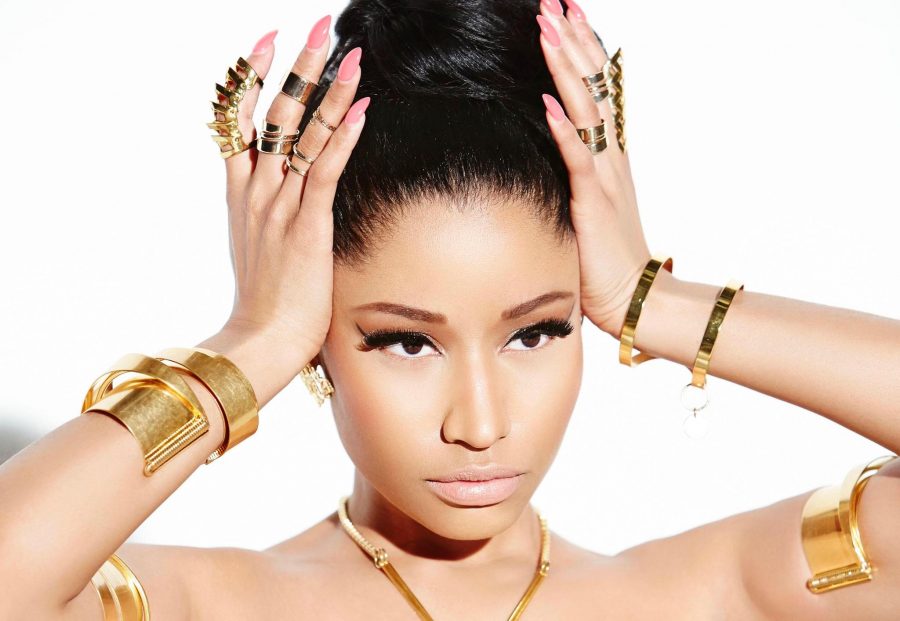Sit Down, Shut Up, Look Good
As our political environment grows more partisan and more thoroughly divided, there has been an increasingly large outcry against celebrities who have the audacity to voice a political opinion. This is not the first time the outcry has occurred, but surrounding the especially charged 2016 presidential election, reactions have been getting stronger and louder. Take, for example, the disdain for Meryl Streep voicing her objections to President Donald Trump during her Golden Globes speech. Even the president himself threw his glove in the ring to dismiss her as “one of the most over-rated actresses in Hollywood.”
Coincidentally — or rather, contradictorily — celebrities are also derided for their behavior when they fail to act as what the public deems to be appropriate role models. Role models for children, representatives of their respective generations — what they’re supposed to be standing for is unclear, but the notion seems to be that they’re supposed to be good role models, and with behavior like Nicki Minaj’s flagrant and frequent appreciation of her body or San Francisco 49ers player Colin Kaepernick taking a knee during the national anthem to protest racial inequality, large factions of the public feel that they’re in fact being bad role models.
It’s both a dichotomy and a catch-22. Celebrities should speak up, have a voice and be good role models — but they shouldn’t force their politics on their fans, kill the buzz of a concert with unrelated activism or use their platforms of fame to make any definable statements. It is a terribly unrealistic expectation to have of people who by varying amounts of skill and luck gained a platform to influence millions of people worldwide.
The issue lives in the contradiction of what we think of when we try to define “celebrity.” On one hand, they are the best and brightest of our culture. They epitomize what we want to be. Ryan Gosling epitomizes the smooth, casual feminist that might as well have just walked out of a photoshoot for a calendar whose proceeds go to charity. When Taylor Swift first became a staple on the Top 40, she was America’s back-home country girl, with bouncing tresses and a beautifully broken heart. Football players like Kaepernick are as swift, strong and representative of our home territory as it gets.
Then, on the other hand, celebrities are our entertainment. Many of them didn’t have to go to any sort of secondary education to qualify for their roles (though many of them still do). We turn on sports games in our free time after work and blast Kanye West in our cars on the drive to the grocery — or the subway ride, as it were. They provide us the service of escapism in some form or another. Politically driven statements or actions that break with the story of the celebrity we have written for ourselves are jarring; how could the sweet girl from Barbados who gave us the romantic hit track “Umbrella” show up to an awards show with nothing but diamonds covering her breasts?
It’s hard to reconcile celebrities as human beings — the best and worst of everything. They just happen to have millions more followers on Twitter. Celebrities are as human as we are. They have family histories of breast cancer. They date more than one boy throughout their adolescence. Heck, maybe they’ll date boys while identifying as a boy themselves. And they’ll have opinions on everything from the U.S. presidential election to whether meat has a place in the human diet.
Moreso, celebrities have a right to those opinions. Agree or disagree, they’re no better or worse than us. Just because we use entertainment as a release doesn’t mean that these artists signed away their humanity when they signed their contract of employment. Any role model is going to have flaws and characteristics that contrast with our own — especially if the paparazzi has telephoto lenses to capture their private moments and social media allows anyone to share their thoughts on a global scale. It’s time to let celebrities live.
A version of this article appeared in the Monday, Feb. 6 print edition.
Email Hailey Nuthals at [email protected].

Hailey Nuthals has done so much at WSN that she's not really sure what she's supposed to be doing there anymore. Mostly, she writes for arts and offers...























































































































































